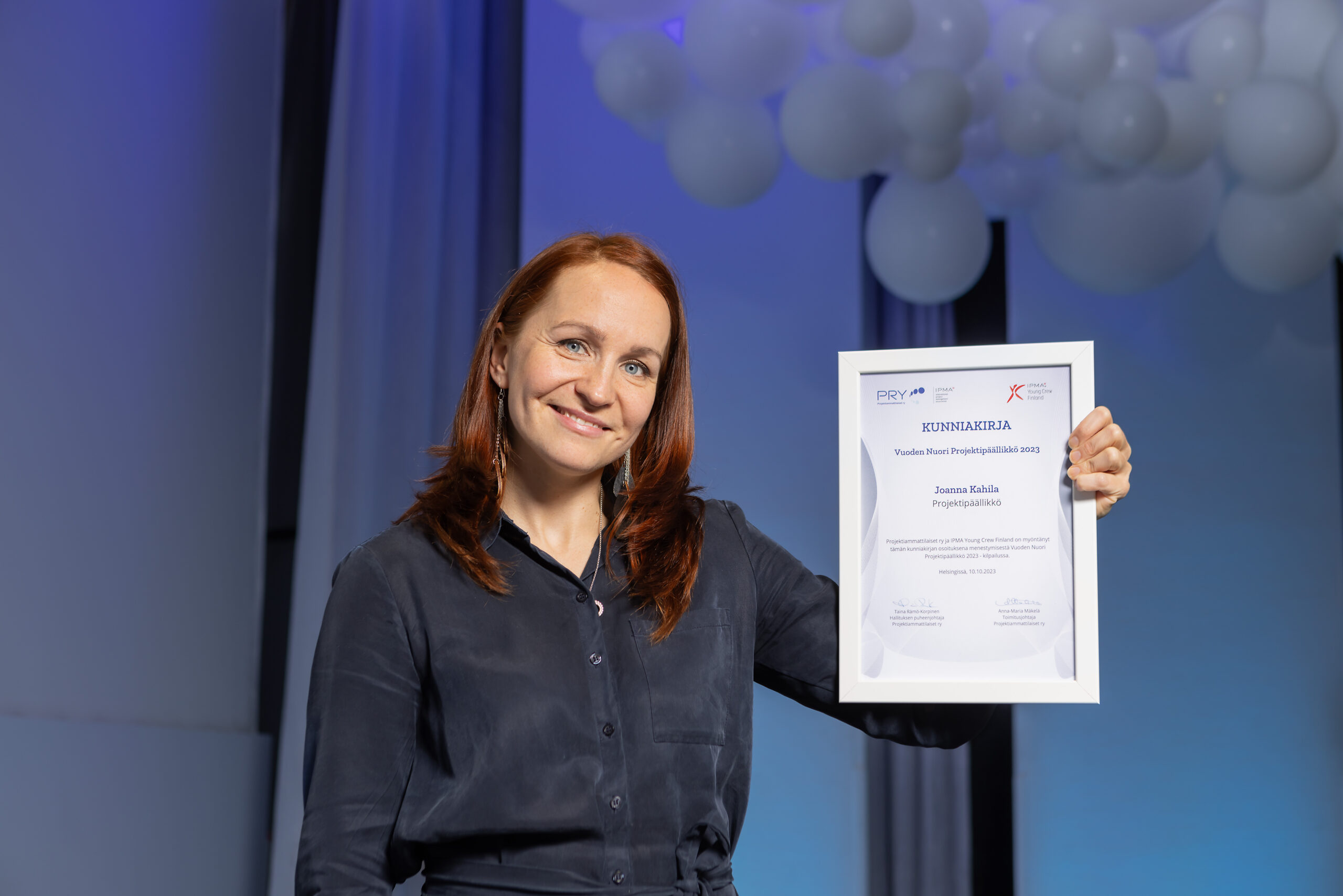Text by Outi Kettunen

Recruitment in an organisational context
A company should plan its recruitment according to the requirements of its business environment. Vision and strategy should guide the recruitment process. This article takes a holistic look at practical perspectives from the IT and project professional services business on what the different parties involved in the recruitment process may experience, regardless of the size of the company. A company’s search for professionals takes place in an organisational context, based on the expertise requirements of its own operating environment, not on external general market trends.
Testing the technological and human resource capabilities of an organisation brings it closer to understanding the real nature of the skills gap in the knowledge and skills area that the organisation needs – and if there is a gap, the extent of it. Internal process testing can provide analytical results on whether owner-managed knowledge acquisition, in line with the organisation’s vision, is taking place and what the challenges are to the smooth transfer of knowledge within the organisation. If the analysis yields mixed results and a story of the process and events with several selected directions, it sounds plausible.
Technical performance in knowledge acquisition
Are the processes and systems definitely tested end-to-end? A surprising number of companies have errors in their online application forms: the submit button or form field doesn’t work, the user can’t see where the error is, so small details and simple barriers detract from the user and applicant experience. The most discouraging experience for the applicant is the ‘something went wrong’ error message on the web page following submission, which means that the entire application form has to be filled in again – if the applicant still sees it as worth the time to fill it in again. Error situations are a reality in recruitment process systems in companies of all sizes, although fewer occur than ten years ago. The speed of application processing and comfortable communication is overshadowed by errors or illogicality.
Recruitment needs based on skills vs. excuses not to hire
The readiness of staff involved in the recruitment process should be measured and improved in a sustainable way. People who feel psychologically secure are also able to select candidates who are more experienced than they are. Competitive practices do not prevail in the organisation. Recruitment and selection managers should receive regular training on how to identify unconscious bias and staff should be supported in personal trauma work.
How would the knowledge and skills flow of an organisation change if candidates were treated as individuals instead of collective expectations and role groups?
Developing the organisational knowledge base: recruiters’ ability to see beyond words
A recruiter with business and life experience will be able to grasp the diverse skills of candidates, understand how to deal with big picture issues, and distinguish between responsible project management roles and team participation responsibilities in candidates’ work histories. The recruiter must understand that technology management requires above all business skills, not just technical skills, and the ability to place technology experts in teams in roles that match their strengths. The recruiter must be able to see the candidate’s capabilities as a whole – a candidate can be excellent for the role even if their experience does not span the last two years, and have a broad understanding of the candidate’s suitability for roles they have not previously held.
Would it increase the chances of finding qualified professionals if the company reduced the weight of the pre-selection of CVs based on word searches?
Project management and IT business are complex areas that require a broad range of skills and the ability to see the bigger picture in a structured way – for both recruiters and candidates. The knowledgeable recruiter will understand the differences in key terms such as project, programme and portfolio management, be able to compare the complexity of responsibilities between the role of line manager and certified project manager in terms of financial, people and technology management, size of the target customer group, external customer experience and the diversity of the operating environment, among others.
A refined recruitment process respects the essential requirements for real work, such as the ratio of remote to office work. In a largely telecommuting job, the location of the employee is irrelevant to the performance of the job, yet location is repeatedly the first question asked of the candidate in interviews.
When the outdated or personal opinions of recruiters override the analysed knowledge and skills needs of the organisation, irrelevancies become the decision criteria.
Strengthening skills through strategy: who really decides on recruitment?
Are the HR and recruitment processes of the organisation meeting the strategic objectives set by management? Are recruitment decisions based on real need or subjective preferences? When theoretical criteria, misinterpretations and subjective biases do not prevent qualified candidates from progressing, there is a better chance of an influx of more talented professionals to enrich the collaboration.
The author wishes all experienced IT professionals looking for a job a job.



